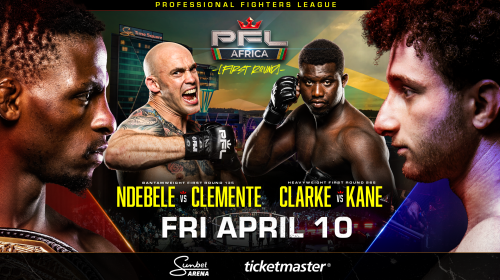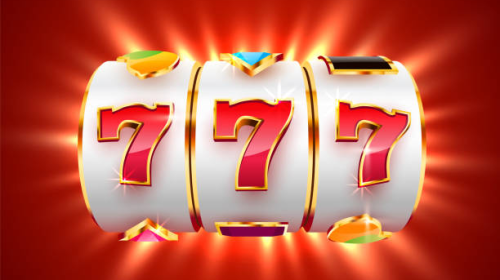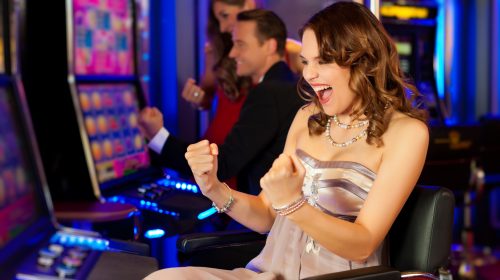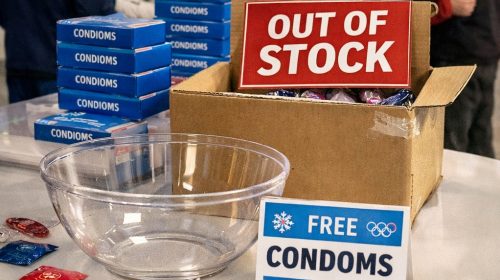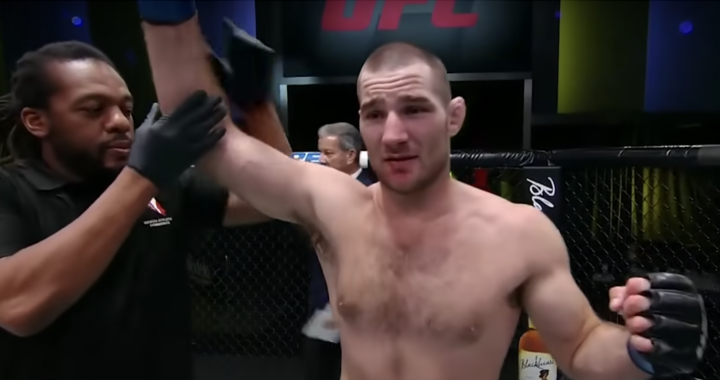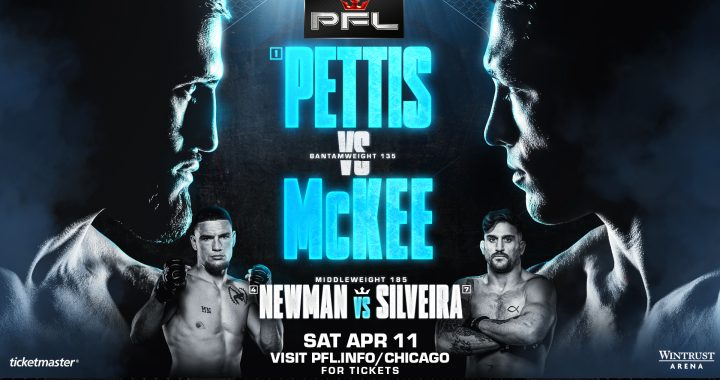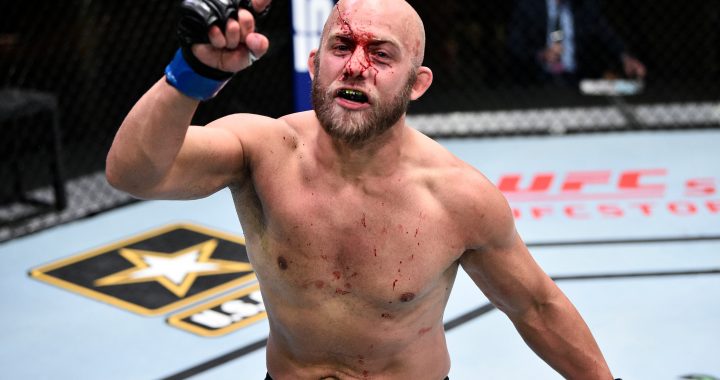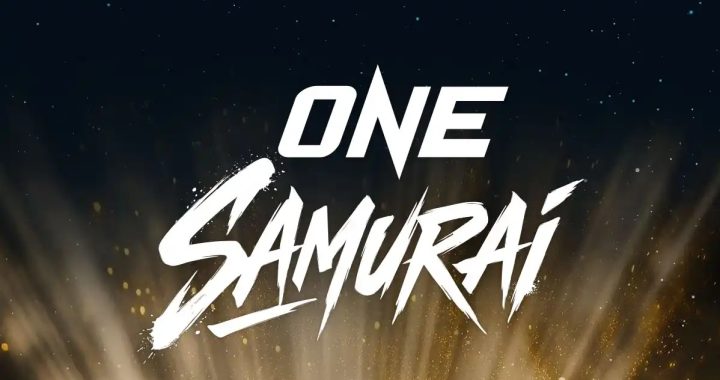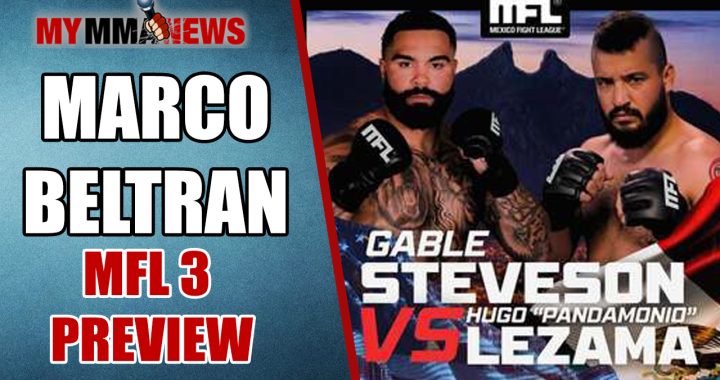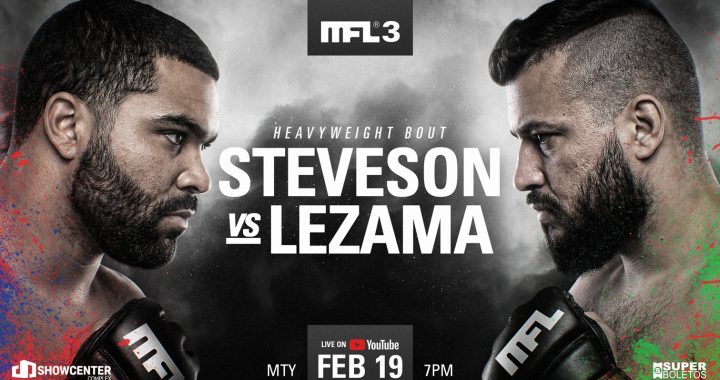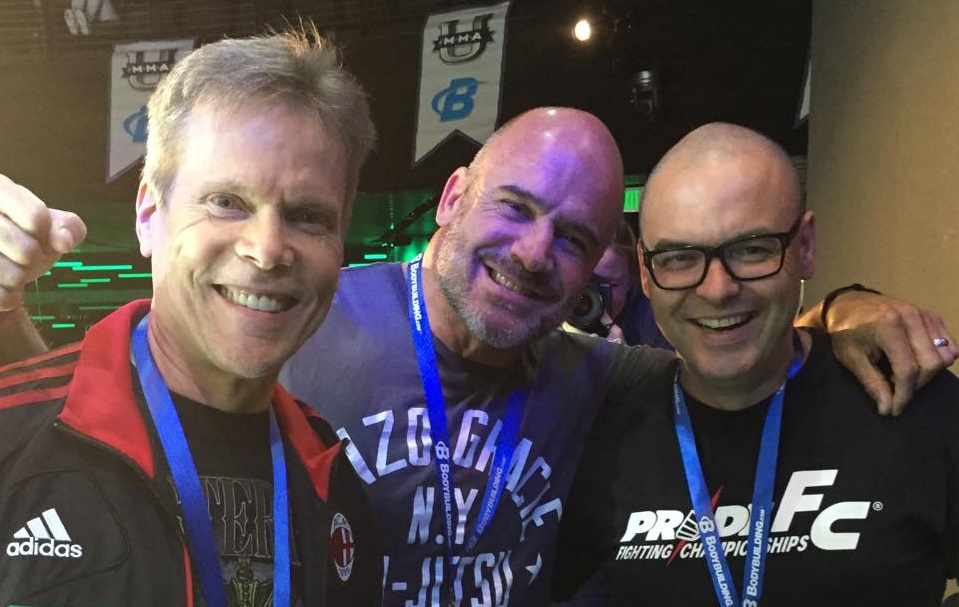
Stephen Quadros Q&A: PRIDE Memories, Origins of ‘The Fight Professor’ and Being a Rock Star
Stephen Quadros, better known as “The Fight Professor”, specializes in play-by-play and color commentary, as well as interviews for the combat sports genre on cable and pay-per-view. His resume encompasses more than 100 international mixed martial arts events since 1997. He is a true legend in the sport. Tony Reid of MyMMANews.com caught up with Stephen to talk about his career.
Tony Reid – Stephen Quadros the actor, musician, broadcaster, journalist, martial artist the list just goes on and on. So if you could choose one area or one thing you are most proud of or that gives you the most satisfaction which would it be?
Stephen Quadros – “I would probably say my work as a broadcaster. That’s a general broad stroke. I am very proud of that though. That goes back all the way to K-1 in 1998 through PRIDE in 2003 and beyond. I’m proud and stand by that work. When I first moved to Los Angeles it was to be a drummer. I had no aspirations to be an actor, to commentate that wasn’t even in the mix. Due to certain circumstances beyond my control I had to reinvent myself. It turned out OK for me.
“I was in a band called Dangerface at the time and the most successful band I was ever in, SNOW, had disbanded because our guitar player had joined Quiet Riot, they are well known and made it to number one on the charts on more than one occasion. We were set to go on tour with them and right about that time I got stricken with tendonitis really bad in my right hand. I had to give it up. So I got my hair cut and got a job.”
Tony Reid – We all know you as The Fight Professor. You were given that nickname during your first trip overseas as an announcer. Can you walk us through that and reflect on how it stuck over the years?
Stephen Quadros – “I was the editor of a magazine and its website. That was before it was chic to be involved in mixed martial arts, this was between 1993 and 1998. In the middle of that time I was hired to be an announcer with K-1 because K-1, who at the time, was the largest martial arts organization in the world. With kickboxing was my background, they hired me to be a color commentator and I went to Japan in April of 1998. About half way through the first broadcast, it was actually my first commentating job ever, there was no warm up show. I had spent years working as an actor and also training as a martial arts for the better part of 15 years. I had been training fighters as well so I was primed and ready to step in to this role. Nonetheless it didn’t prevent me from being scared shitless. I can’t lie! In the middle of the broadcast I really started to hit my stride and my partner turned to me and said “Damn, you are like the Fight Professor.” So that is where the name was born. It just stuck after that.”
Tony Reid – With all due respect to Bruce Beck, Jeff Blatnick, Joe Rogan and Mike Goldberg, you and Bas Rutten, in my opinion, were the greatest commentating team in the history of MMA. Can you share a story or two of your time spent with Bas in PRIDE?
Stephen Quadros – “Thank you very much. I deeply respect all of the gentlemen you just mentioned. I really felt very confident teaming up with Bas. Bas and I had known each other prior to working together in the booth. I had been hired by PRIDE and they said for the first show I would be working with Ken Shamrock and Bas Rutten. It was the PRIDE Grand Prix 2000 opening round in January of 2000. Someone who I worked with in K-1 said he had worked with Bas beforehand and he told me Bas was great but he says “Fuck” a lot. So we are in Japan, just days before one of the biggest tournaments of its time. Bas and I are sitting down. He and I joked constantly but I looked at him dead seriously and I said “Bas you can’t say fuck during the broadcast.” He said “No problem, Stephen.” And he never did say it. It was a situation where he and I had such unbelievable chemistry and a friendship there. As a broadcaster you are in the business of being the best friend of whoever you sit with in the booth. That’s your job. You had to work really hard to keep up with us. We were always cutting it up like Laurel and Hardy, Abbot and Costello, Dean Martin and Jerry Lewis type of tag team like Danny Glover and Mel Gibson. We had that banter that constant goofing around and I think that came through in our broadcast. We both really cared about the sport, we were very relaxed, we prepared quite a bit and it was an honor to work with all the great athletes. We just had a blast.”
Tony Reid – What was your favorite fight you ever called as a broadcaster?
Stephen Quadros – “There were so many great fights in PRIDE Fighting Championships. I don’t think the best fight was necessarily the most memorable fight. The most memorable fight was Royce Gracie against Kazushi Sakuraba when they first fought in May of 2000. The whole scope of that fight, the pre-fight hype. There was a pro wrestler, who was a partier against a really serious martial artist who won a series of tournaments in the UFC. So it was a clash of cultural, ideological and martial arts philosophical styles. I don’t think we will ever see a televised 90 minute fight ever again. I have to give Sakuraba a lot of credit. At the time knowing the background of Royce Gracie, no one had taken the back of Royce Gracie, no one had pressured Royce Gracie, and no one had really survived scenarios that Sakuraba actually welcomed them and even clowning him. He was being an entertainer the whole time. I was really fixated on that fight the whole time due to Royce’s history and Sakuraba’s entertainment qualities. It was the yin and the yang. When that fight was over the crowd erupted in a way that I have seen very rarely, if ever. That fight was so unique it was once in a lifetime.”














